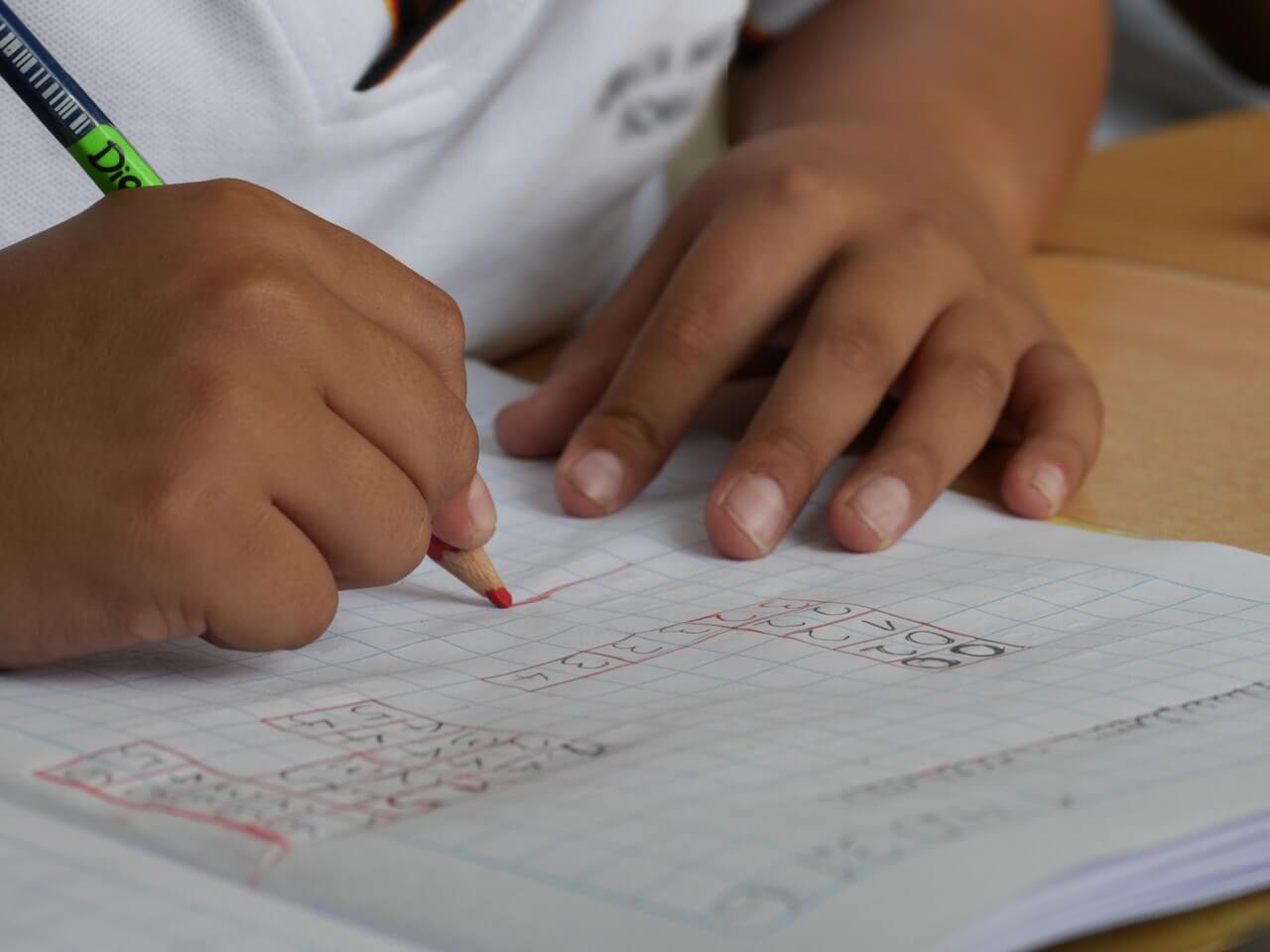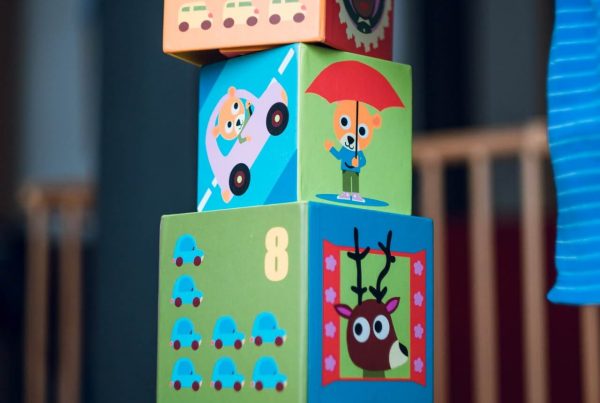
Math proficiency can be an uphill battle for children at any age. Learning challenges and disabilities are extremely common. Signs and symptoms vary depending on the level of disability and the age of the child. Symptoms of dyscalculia or math disability include difficulties recognizing numbers and mathematical symbols (e.g. +, -, x, ÷), inability to count (including by 5s and 10s), skipping numbers when counting, impairment in memorization, poor math calculations, struggles to understand math language and rules (e.g. equals, greater or less than, etc.), and problems connecting math knowledge to everyday activities or within different math concepts.
Children who exhibit math disabilities often have challenges in other areas and activities as well. Some examples include memorizing facts, time management, visual-spatial awareness, discovering patterns, thinking outside the box, and conceptualizing and applying logical thinking to daily activities. In addition, math challenges frequently lead to anxiety and low self-esteem in and outside the school.
Math is a complex process; it simultaneously utilizes a variety of skills, such as visualizing (e.g. picturing geometric shapes), visual-logical reasoning, memorizing details, understanding the language and concepts of math, etc. Because these skills are interlinked, gaps in any of these areas can make math a struggle. Relying entirely on rote memorization without comprehending underlying concepts and fundamentals can lead to further frustration and anxiety with math, resulting in avoidance altogether.
At Little Thinkers Center, we follow Piaget’s belief that mathematical and logical thinking is a process that cannot be taught in a traditional learn-through-explanation manner. Mathematical and logical thinking is mastered though exploration, discovery, and direct experiences with physical objects and one’s surroundings. We provide our Little Thinkers with numerous developmentally appropriate opportunities and hands-on activities to discover mathematical and logical concepts in a way that is personally meaningful. We do not impose knowledge, and instead, allow our Little Thinkers to learn though practice and examination based on their individual needs, interests, and development. What is right or wrong is not as important as the continuation of new trials and experimentations provided by our thinking activities, which are carefully selected to be developmentally appropriate and mentally stimulating. As a result of developing higher levels of creativity along with logical and mathematical reasoning, self-esteem and confidence are also improved.
To build true comprehension of numbers, math concepts, and properties, we often need go back to fundamentals. Through direct experience and exploration of developmentally appropriate Visual Thinking and Logical Thinking activities, our Little Thinkers master “pre-math” skills, such as matching (understanding the relationship between objects), classification (finding similar attributes to categorize objects), and seriation (comparing and grouping objects based on their differences). More complex math concepts are introduced through our advanced Logical Thinking games once these fundamental concepts are innately understood. To avoid rote memorization and encourage the “ah-ha” experience, careful attention is paid to providing optimally stimulating activities that nurture critical thinking skills without overwhelming the child.
Our goal is to enable our Little Thinkers’ intrinsic understanding of math, so they don’t feel the need to make arbitrary choices and guesses. With our curriculum that tackles math challenges, your child can develop the outside-the-box thinking and logical reasoning skills needed in life. As a result, our Little Thinkers gain the tools necessary to become proficient in math.



